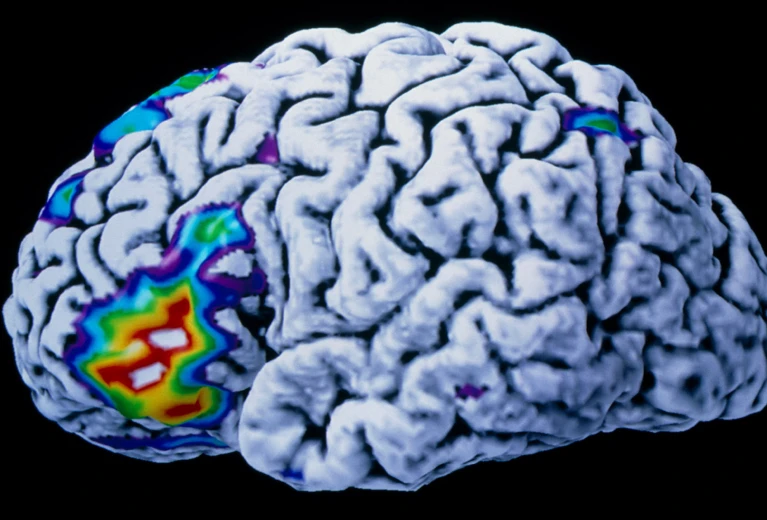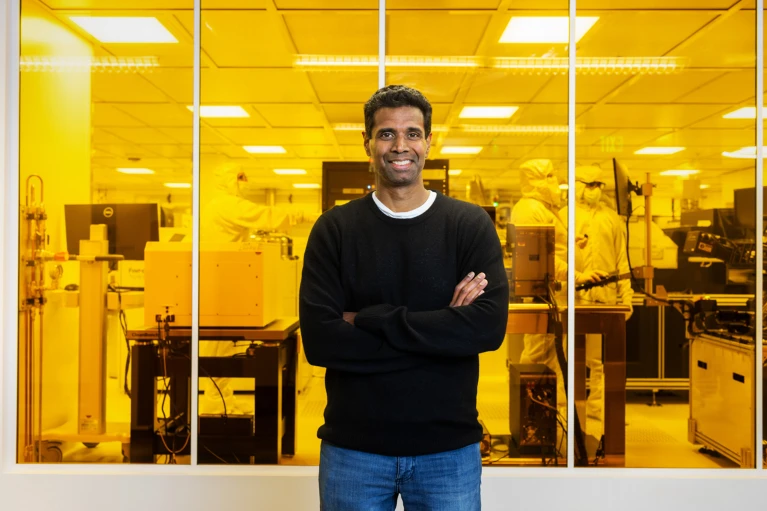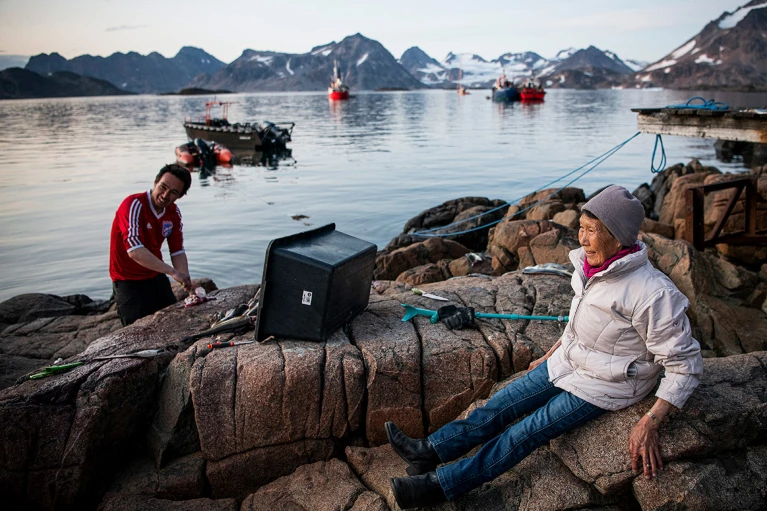Nature News
-

Brain implant translates thoughts to speech in an instant
Improvements to brain–computer interfaces are bringing the technology closer to natural conversation speed.
-

Microsoft quantum computing claim still lacks evidence: physicists are dubious
Some attendees of a packed presentation were curious about the prospect of the first ‘topological’ qubits, but left with questions unanswered.
-

‘Slime’ keeps the brain safe ― and could guard against ageing
Slippery proteins in the brain’s blood vessels form a protective barrier that breaks down with age, studies in mice show.
-

How centuries of isolation shaped Greenlanders’ unique genetics
Centuries of isolation have given Greenlanders a genetic profile that includes Arctic-specific variants.
-

Why even physicists still don’t understand quantum theory 100 years on
Quantum mechanics depicts a counter-intuitive reality in which the act of observation influences what is observed — and few can agree on what that means.
-

How often do unexpected scientific discoveries occur? More often than you might think
A study assessed 1.2 million biomedical publications and measured the ‘unexpectedness’ of their findings.
-

Physicists describe exotic ‘paraparticles’ that defy categorization
Theoretical study predicts the existence of particles that are neither bosons nor fermions — and hints at potential applications in quantum computing.
-

The AI revolution is running out of data. What can researchers do?
AI developers are rapidly picking the Internet clean to train large language models such as those behind ChatGPT. Here’s how they are trying to get around the problem.
-

Antimatter to be transported outside a lab for first time — in a van
The volatile substance will be driven across the CERN campus in trucks to different facilities, giving scientists greater opportunities to study it.
